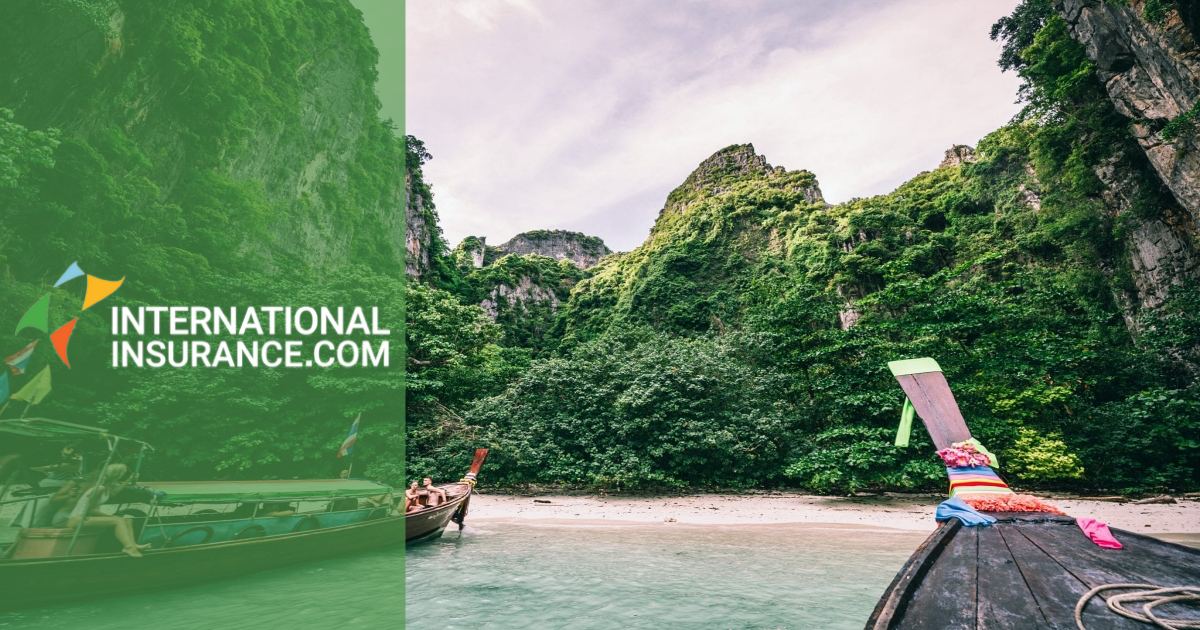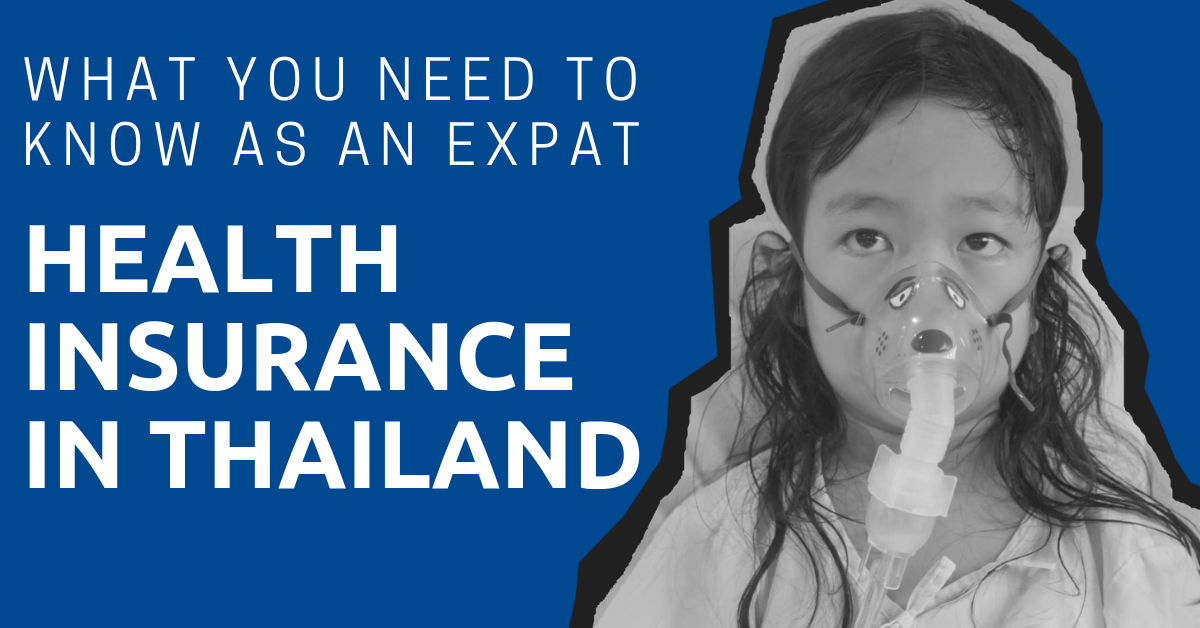...
There are several reasons why medical insurance for foreigners in Thailand is not just a good idea but a crucial matter to consider for several reasons. Even though hospital treatment is cheap in Thailand by Western, particularly American standards, any serious inpatient treatment such as surgery or cancer treatments, for example, can be painfully expensive at a top-notch hospital and can swiftly put a huge strain on your finances. Also, retired expats now need to show health insurance documentation to be eligible for their yearly retirement extensions, so let’s take a look at some of the key points to consider when choosing a policy.
When you first come to Thailand, you may already hold comprehensive travel or medical insurance from your home country. Expats who wish to obtain the long-stay non-immigrant O-A visa from their home country will need to show evidence of a health insurance policy that covers the holder for 40,000 Baht ($1340) outpatient and 400,000 Baht ($13,400) inpatient costs as a minimum. This policy can be from an insurance provider in your home country or one in Thailand. However, an important point to note is that once you come to obtain your yearly extension at an immigration office in Thailand, it will need to be from an approved Thai insurance company, something to be aware of if you are considering purchasing a new policy before traveling.
The outbreak of COVID-19 caused the Thai government to bring in new regulations meaning that anyone traveling to Thailand, regardless of age, will be required to show an insurance policy with coverage of a minimum of $100,000 of medical treatment, including COVID-19 coverage, upon arrival at the airport. It will also need to cover you whilst in Thailand for the entire duration of your stay, if it doesn’t meet all of these requirements then you won’t be allowed to enter the country so it’s vital to check and double-check your policy before traveling. Just because your current policy was sufficient for your embassy to issue you with a visa does not mean that it will cover COVID-19, so if unsure contact an insurance provider to confirm this.
As mentioned, a policy from your home country would likely have been enough to obtain your initial visa to enter Thailand, but when you attend your local immigration to obtain your one-year retirement extension, the policy will need to be from an approved Thai insurance provider. The approved providers are LMG, The Viriyah, Pacific Cross, Falcon, Thaivivat, AXA Insurance Thailand, Navakij, Dhipaya, Asia Insurance, Aetna and. Sompo Insurance
You will need to obtain your policy in plenty of time as you will be required to present all of the original documents when applying for your extension. Again, the policy will need to cover an absolute minimum 40,000 Baht outpatient and 400,000 Baht inpatient costs.






















